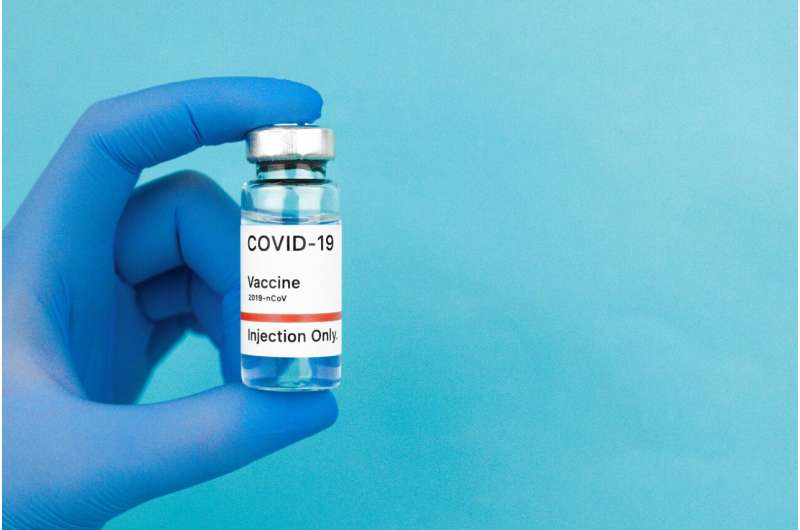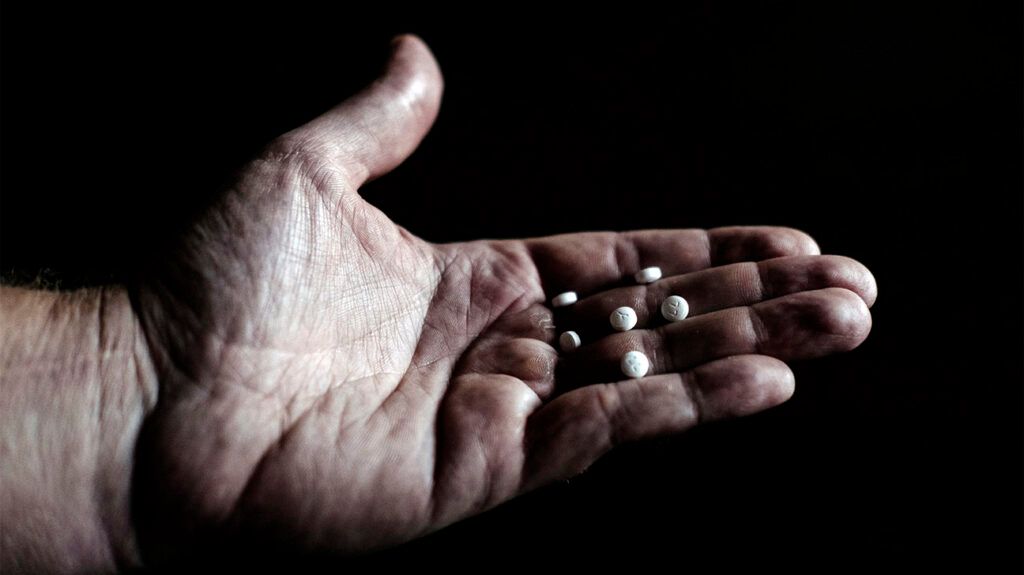Fat-Loaded Fluid Impairs Immune Function in Ovarian Cancer

Scientists uncover how fat-rich ascites impairs immune cells in ovarian cancer, revealing new therapeutic targets to boost immune response and improve outcomes.
Recent groundbreaking research by scientists from Trinity College Dublin has revealed how fat-rich fluid within the abdomen, known as ascites, plays a pivotal role in weakening the immune response in advanced ovarian cancer. This fluid, common in over 70% of ovarian cancer cases at diagnosis, supports tumor spread across the abdominal cavity and significantly hampers the body's immune defenses.
The study focused on understanding how ascites disrupts immune cell activity, with particular attention to natural killer (NK) cells and T cells, which are crucial for targeting and destroying cancer cells. By analyzing ascites samples from patients, researchers identified a specific group of fat molecules called phospholipids as key contributors to immune suppression.
Dr. Karen Slattery, a research fellow at Trinity Translational Medicine Institute and lead author of the study published in Science Immunology, explained that these lipids interfere with the metabolism of NK cells, impairing their ability to eliminate tumor cells. Importantly, the team discovered that blocking the uptake of phospholipids through specific receptor inhibitors can restore NK cell function, highlighting a promising therapeutic target.
Prof. Lydia Lynch, senior author of the research and now at Princeton University, emphasized the significance of these findings. She stated that this mechanism partially explains why ovarian cancer is so aggressive and resistant to immune attacks. The research opens new avenues for developing treatments aimed at reversing immune suppression by targeting fatty environments created by ascites.
This study advances our understanding of immune failure mechanisms in ovarian cancer and offers hope for future therapies that could revive the body's natural defenses, ultimately improving patient outcomes.
source: https://medicalxpress.com/news/2025-05-fat-rich-fluid-fuel-immune.html
Stay Updated with Mia's Feed
Get the latest health & wellness insights delivered straight to your inbox.
Related Articles
Over 2.5 Million COVID-19 Deaths Prevented Globally Through Vaccination Efforts
A recent global study reveals that COVID-19 vaccination efforts prevented over 2.5 million deaths and saved millions of years of life from 2020 to 2024, highlighting the critical impact of vaccines worldwide.
Link Between Parental Diabetes and Risk of Type 1 Diabetes in Children
New research reveals that children of parents with gestational or type 2 diabetes are at higher risk of developing type 1 diabetes. Early identification of these risk factors can improve monitoring and prevention strategies.
Ethical and Policy Challenges of Lab-Grown Reproductive Cells: New Insights
A new report explores the ethical and policy issues surrounding in vitro gametogenesis, a groundbreaking technology that could revolutionize fertility treatments and reproductive options, including for same-sex couples. The report calls for careful, collaborative discussion before clinical use.
Can Rapamycin Match Dietary Restrictions in Extending Lifespan?
Emerging animal research indicates rapamycin may extend lifespan similarly to dietary restrictions, paving the way for future human studies in anti-aging therapies.



